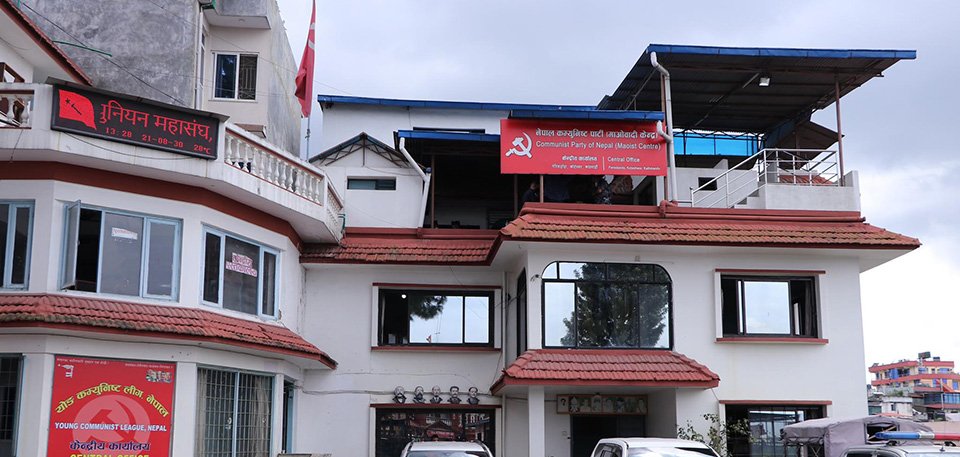

KATHMANDU: The Maoist Centre, the main opposition party, has stated that the current government under Prime Minister KP Oli will ultimately collapse due to its own failings.
Agni Prasad Sapkota, the party’s Vice Chair and Spokesperson, said this following a meeting of party leaders at the residence of Chairman Pushpa Kamal Dahal “Prachanda” in Khumaltar on Monday.
Sapkota criticized the government’s reversal of key policies established by the previous administration, particularly in areas of combating corruption, promoting good governance, and ensuring social justice.
He said, “The previous government prioritized the fight against corruption and the promotion of good governance, prosperity, and social justice, but these efforts are being systematically undone.”
He also pointed out that the issue of nationality is becoming more complex and that there are efforts to undermine democratic values and ideals.
Sapkota added that the government is failing to meet the basic needs of the people. “This government will fall due to its own actions, but we must continue to guide the people toward change and progress,” he stated.
Sapkota further accused the government of targeting competent individuals who are making positive contributions to the country.
“It appears there is a deliberate effort to remove those who are doing good work,” he said, noting that the country is facing a “critical situation” that requires unity and cooperation among all political parties.
He also criticized the focus on internal party divisions instead of a unified national approach.
“The talk of constitutional amendments is simply a cover for their power grab. They used the idea of amendments to secure their own hold on power.”
Sapkota accused the government of weakening political parties and complicating issues related to nationality. On the issue of constitutional amendments, he argued, “If the constitution is to be amended, it should be to promote progress, expand people’s rights, and strengthen democracy.”
He also called for the introduction of a directly elected presidential system to address the current instability in the country, stating that this was the only way to achieve political stability.
Additionally, he advocated for a fully proportional electoral system, where MPs would actively participate in policymaking, and experts would take on ministerial roles.
“Under this government, the people’s interests are continually ignored,” Sapkota concluded. “The coalition between the first and second parties is raising concerns about the rise of authoritarianism and a potential slide into dictatorship.”